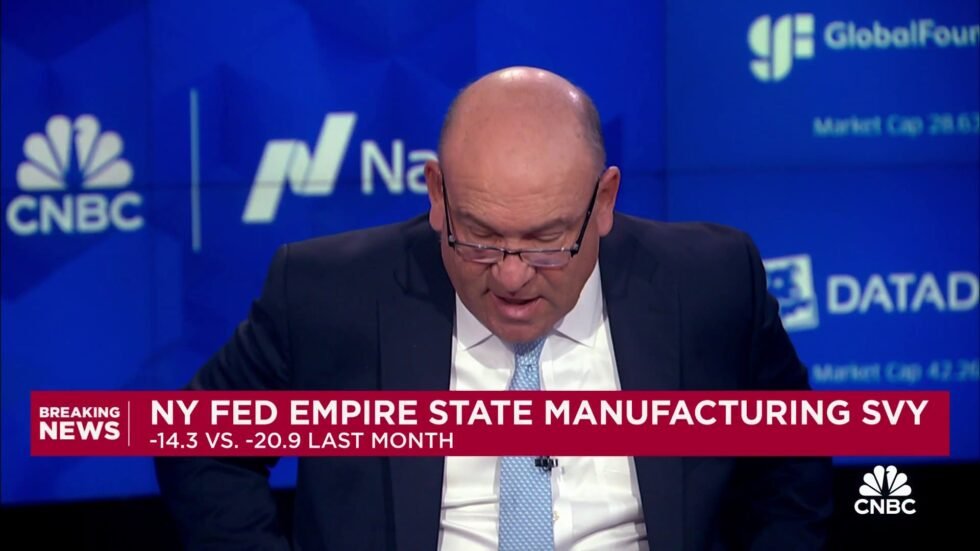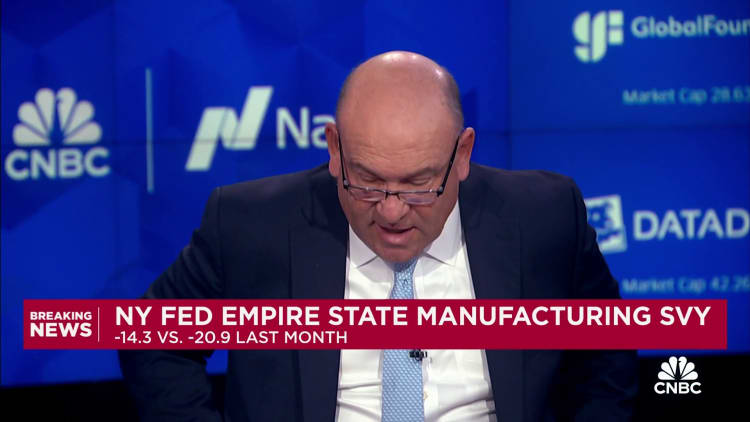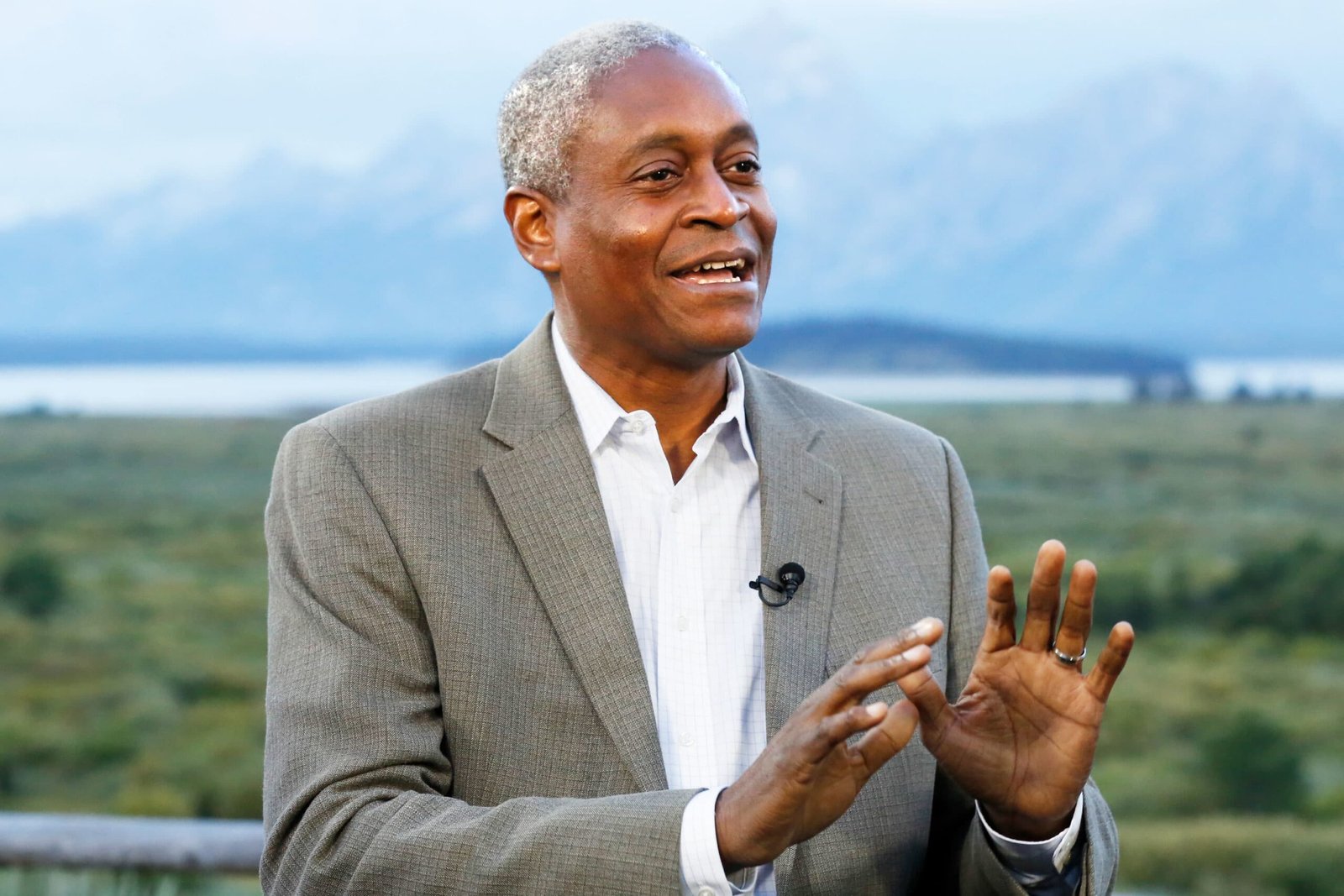

Rising inflation in March didn’t deter consumers, who continued shopping at a more rapid pace than anticipated, the Commerce Department reported Monday.
Retail sales increased 0.7% for the month, considerably faster than the Dow Jones consensus forecast for a 0.3% increase, according to Census Bureau data that is adjusted for seasonality but not for inflation.
The consumer price index increased 0.4% in March, the Labor Department reported last week in data that also was higher than the Wall Street outlook. That means consumers more than kept up with the pace of inflation, which ran at a 3.5% annual rate for the month, below the 4% retail sales increase.
Excluding auto-related receipts, retail sales jumped 1.1%, also well ahead of the estimate for a 0.5% increase.
An increase in gas prices helped push the headline retail sales number higher, with sales up 2.1% on the month at service stations. However, the biggest growth area for the month was online sales, up 2.7%, while miscellaneous retailers saw an increase of 2.1%.
Multiple categories did report declines in sales for the month: Sporting goods, hobbies, musical instruments and books reported a 1.8% decrease, while clothing stores were off 1.6% and electronics and appliances saw a 1.2% decrease.
Stock market futures added to gains following the report, while Treasury yields also pushed sharply higher. The upbeat outlook for the Wall Street open came despite an escalation over the weekend in Middle East tensions as Iran launched aerial strikes at Israel.
Resilient consumer spending has helped keep the economy afloat despite higher interest rates and concerns over stubborn inflation. Consumer spending accounts for nearly 70% of U.S. economic output so it is critical to continued growth in gross domestic product.
Monday’s data comes with market concerns elevated over the path of monetary policy. Federal Reserve officials have expressed caution about cutting interest rates while inflation pressures continue, and investors have been forced to reduce their expectation for easing in policy this year.
Stronger consumer spending could cause the Fed to hold off longer on cuts, said Andrew Hunter, deputy chief U.S. economist at Capital Economics.
“Alongside the recent resurgence in employment growth, the continued resilience of consumption is another reason to suspect the Fed will wait longer before starting to cut interest rates, which now we think won’t happen until September,” Hunter said in a note after the retail sales release.
Market pricing, which has been highly volatile over the past several weeks, also is pointing to the first cut coming in September, according to the CME Group’s FedWatch gauge of futures prices.
This is breaking news. Please check back here for updates.
EMEA Tribune is not involved in this news article, it is taken from our partners and or from the News Agencies. Copyright and Credit go to the News Agencies, email [email protected] Follow our WhatsApp verified Channel









